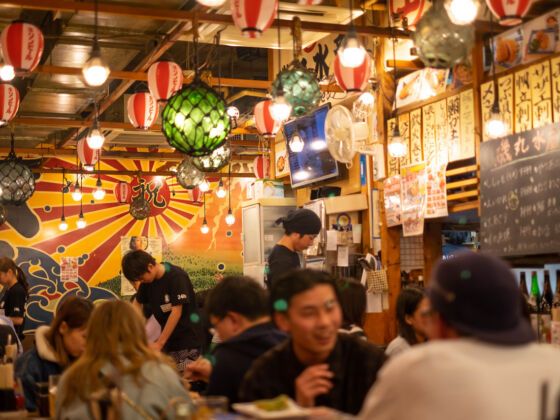I study Japanese every day. For at least 30 minutes. I’m not great at it yet, but I don’t suck. I can make hair appointments and ask for parking validation. I can say, “It is sunny now, but later it will rain,” and I can ask the grocer, “Can I please have paper bags?”
But when my parents visited me this spring, and we rode in a taxi from Tokyo Station to their hotel near the Palace, I couldn’t translate for my dad when he said, “This is the first cab I have ever been in where I can’t speak to the driver. I’m sad about that.” I couldn’t remember the word for “sad.”
